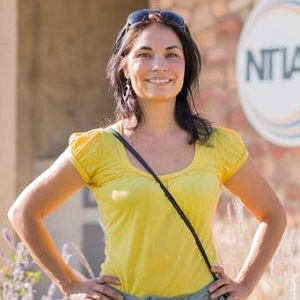Tara Fortier - 2022 SPIE Women in Optics Planner
Project Leader, Time and Frequency Division
National Institute of Standards and Technology, USA
 |
Born in Canada |
My father told me to pursue a degree in science because he wanted to ensure that I was an independent person with a strong career that would draw on my skills in math. I now manage a research lab that develops laser systems that interface with optical atomic clocks to extract precision time and frequency signals to support redefinition of the second (as defined by the International System of Units) and to test the fundamental laws of physics.
My biggest challenges to my career have occurred when I have taken negative experiences and interactions personally. I have learned that to best support myself and others, I need to develop awareness about my own biases, to ensure that I do not use them unconsciously. It requires being observant, compassionate, and present.
When I was just getting started, I wish I had known how important networking and assertive communication skills would be for finding good sponsors, mentors, and peers to help navigate my science career.
Don’t be afraid of having a sense of entitlement about what you can accomplish, and what pay and recognition you deserve for a job well done. But at the same time, demonstrate knowledge and appreciation for all the opportunities and resources you have, and for the people you work with. This way you can have a career that you are in control of, but with openness and gratitude for the systems and people who supported you on your journey.